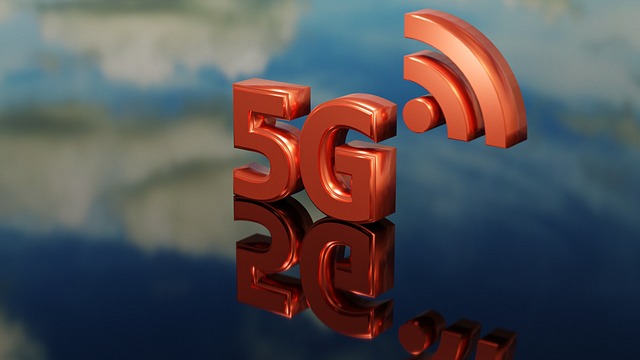What is meant by ”5G Networks”?
Also known as 5th Generation Mobile Network, it is the 5th global wireless network after 1G, 2G, 3G and 4G. 5G network essentially connects various appliances including machines, cellular objects, phones and other electronic devices. It also supports the data handling capacity of up to 10000 times than previous networks. It is the planned successor to the current 4th Generation Network (4G) and the latter differs from the former in the range, speed and its ability to connect with other electronic appliances.
Read: Role Of Technology In Environment Protection And Restoration
What is meant by “Eco-friendly Green 5G Networks”?
Eco-friendly Green 5G Networks mean that the development and use of 5G networks in the future would be more energy efficient and therefore contribute towards less global warming and other environmentally harmful impacts.
Generally, the deployment of 4G networks or any kind of wireless broadband or network requires infrastructure. The development of this infrastructure that is needed to support these various networks as well as power consumption made the previous networks not environmental friendly.
You may also like, Digitalizing Tourism Industry in Pakistan – Trends, Challenges and Recommendations
Importance of Eco-friendly Green 5G Networks:
In the face of climate change where cutting down on fossil fuel emissions is the talk everywhere, every sector and industry is being forced to modify if not comply with the standards that are being set to mitigate or reduce carbon emissions and lower the carbon footprint. The technology sector is no exception. 5G Networks have long been marketed as a more eco-friendly alternative to its predecessors like 3G and 4G.
The low energy consumption is beneficial as it will allow the connected devices to consume power according to their needs and will not eat up energy even when they are not in use.
Check out, AI And Its Role In Environmental Protection And Restoration
Benefits of Eco-friendly 5G Network:
Some benefits include:
- Reduced Energy Consumption: the cell sites- which is an equipment needed to transmit data and voice signals across devices- can be powered up or down depending on number of active users on the network as well as the devices connected. In comparison to 4G networks, 5g network cell site needs only 15% of the energy needed to transmit the same amount of data. Therefore, if we successfully transition to 5G networks, by 2030 we can collectively save around 0.5 tons of CO2 emissions from being emitted into the atmosphere. It will also allow cell sites to be as inactive as possible (therefore consuming much less energy) when the network traffic is low or less busy.
- Low Latency: This means that 5G Networks provide users with minimal time delay in between transmission of messages and such. This will not only improve user experience but for corporations on a bigger scale, will open up more opportunities of adopting sustainable practices and generate lower carbon footprint. Therefore, not only does 5G propose to reduce energy consumption of its own but also aims to help businesses and governments to tackle their own carbon footprint.
- Energy Elasticity: 5G networks will also provide greater energy elasticity which means it is very flexible and allows us to switch it down during peak times.
You might also be interested in reading: Environmental Protection Vs. Economic Development Conflict
CONCLUSION:
Despite the benefits of 5G that will be a vast development in the future from the previous communication networks; some of the benefits will be negated. This is because while providing us with a higher performance at a low cost. In addition to providing an energy efficient means to reduce energy consumption/usage and carbon emissions; the resultant increase in number of users, site traffic and number of cell sites will nullify some of the energy saving benefits. Since more energy will still be generated.
However, it is a great initiative by the telecommunication sector that emits 0.8% of all CO2 emissions worldwide. Further research and development in studying how to improve 5G networks will help us reduce its remaining disadvantages and hopefully result in more fruitful outcomes.
I hope you all liked this post! Please comment below if you have any suggestions, comments, or feedback! We at #envpk love hearing from our readers!




